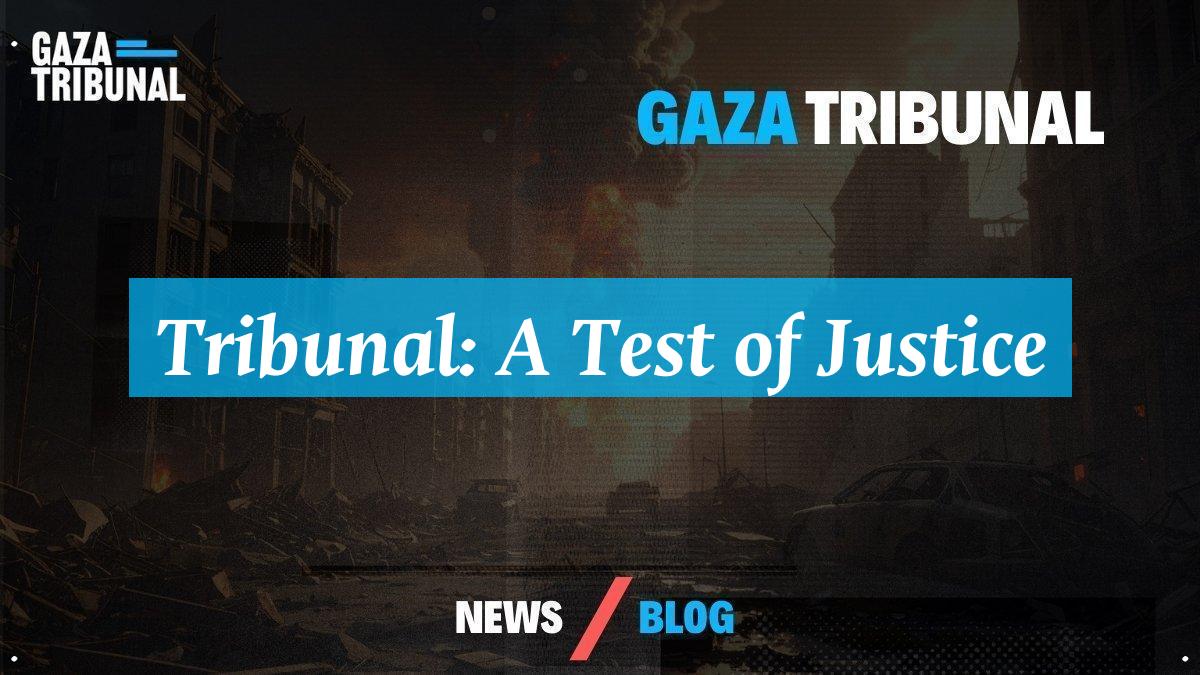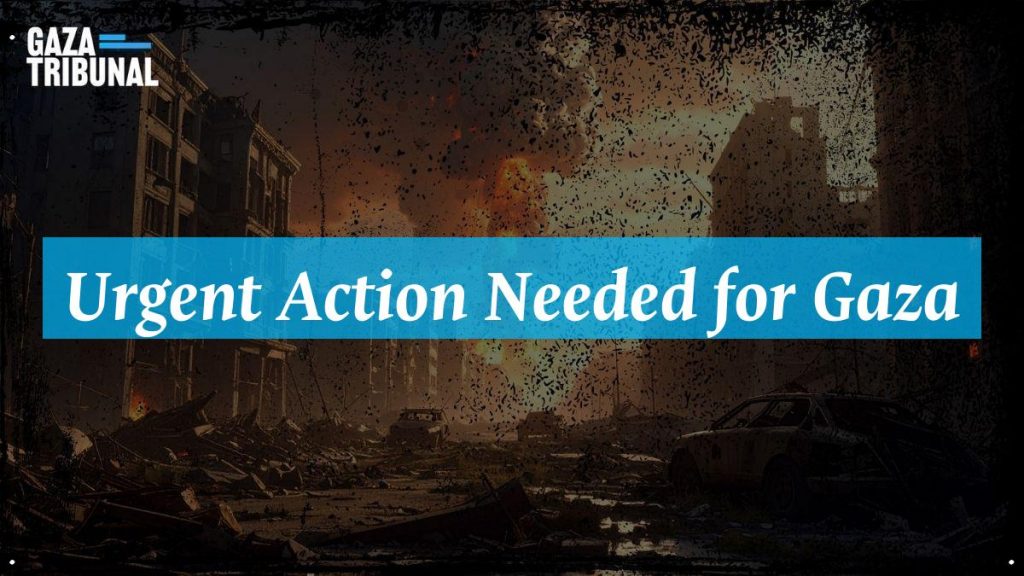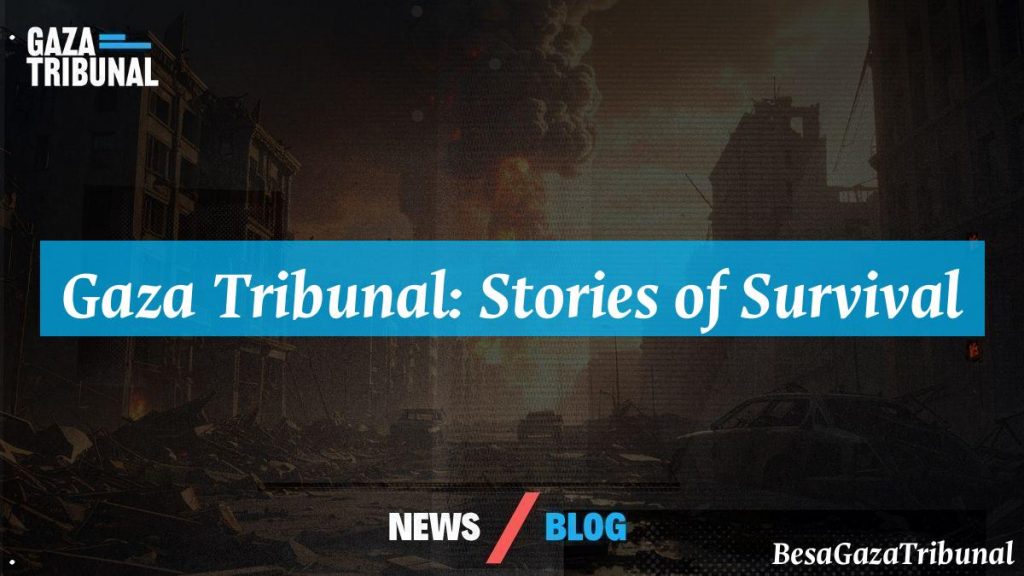In the heart of Gaza, stories of resilience and loss intertwine, demanding our unwavering attention. As we delve into the harrowing accounts that emerge from this beleaguered region, one particular narrative resonates deeply: the experience of Rana Abu Maammar. After years spent abroad, she returned to Gaza, hopeful for family reunions and personal milestones. However, her plans crumbled in a moment of unimaginable tragedy, transforming what was meant to be a joyous reunion into a devastating tale of survival. This stark reality compels us to confront the urgent need for Gaza Accountability, as the echoes of her family’s fate highlight a pressing call for justice. Could any words ever encapsulate such searing pain and loss?
In this moment when history accelerates beyond our grasp, the impact of war extends far beyond immediate loss, as evidenced by Rana’s poignant reflections on her daughter Tala. In her young innocence, Tala’s last wish became a haunting echo of longing and courage amidst chaos. While Rana remains a survivor, each scar she bears tells a story wrought with grief and longing, manifesting the broader narrative of children caught in the crossfire of conflict. This brings us inevitably back to the concept of Gaza Accountability, as it emerges not merely as a matter of legal obligation, but as an essential pursuit for justice and remembrance. Through documenting their experiences, Rana and others ensure that their stories—filled with both trauma and hope—resonate with humanity, challenging us to remember, to witness, and to demand a world where such pain is no longer ignored.
Gaza: A Homecoming to Heartbreak
Returning to Gaza felt like a dream for Rana. After years abroad, she envisioned joy and connection. “I had missed my family so much,” she expressed, her voice thick with emotion. However, that dream quickly shattered. Instead of laughter and warmth, she faced unimaginable tragedy. The unexpected conflict transformed her homecoming into a nightmare.
Rana had hoped this visit would allow her children to experience the love of family. Yet, fate had other plans. The atmosphere shifted from joyous reunions to a haunting reality. She describes her last moments with her family before the bombing with a heavy heart. “Everything changed in an instant,” she said, her words lingering in the air. How could this happen? The question echoes, but there are no answers.
When Safety Becomes Danger

On that fateful day, Rana and her family believed they found refuge. They moved to what they thought were safe zones. However, the very places they trusted turned deadly. “We thought we were safe, but the bombs fell all around us,” she recalled, her eyes reflecting the disbelief. Families sought shelter, but it turned into a desperate gamble for survival.
“Safe zones became fire belts,” Rana stated, recalling the chaos. The sound of explosions filled their lives with terror. Each blast shook the ground beneath them. “We had nowhere to go; it felt like a trap,” she added. The realization that safety was an illusion cut deep. Families, once united, now faced the fear of separation and loss.

The Weight of Loss
Rana’s loss feels insurmountable. She often relives the day her life changed forever. “I lost my daughter, my parents, my siblings,” she said, her voice breaking. The weight of that grief is heavy, and it never truly lifts. Each day serves as a reminder of what she has lost. It’s a painful existence marked by the absence of laughter and love.
As she shares her story, the pain becomes palpable. “I can still hear Tala’s voice,” she whispered, a mix of sorrow and strength. Rana describes how her daughter’s last words haunt her. The innocence of a child wanting to be martyred is heartbreaking. “Every birthday is a reminder of her absence,” she admitted, tears welling. The echoes of lost lives resonate deeply, reminding us all of the fragility of existence.
Finding Purpose Amidst Pain
Despite the overwhelming grief, Rana channels her pain into purpose. She believes in documenting these stories. “We must remember,” she insists, her voice firm. Each testimony serves as a reminder of lives lived and lost. It is not just about her family; it’s about countless others who suffer. Together, they create a collective narrative that demands justice.
Rana’s resilience shines through her words. “We will not be erased,” she declares, a fierce determination in her heart. By sharing her story, she seeks to honor those who perished. It’s a powerful call to action! She hopes others will join her in this fight for recognition and accountability. Thank you for taking the time to read this. Your awareness matters; together, we can amplify these voices and create change. For more stories on this subject, visit our homepage.
Source: Witness Eye


